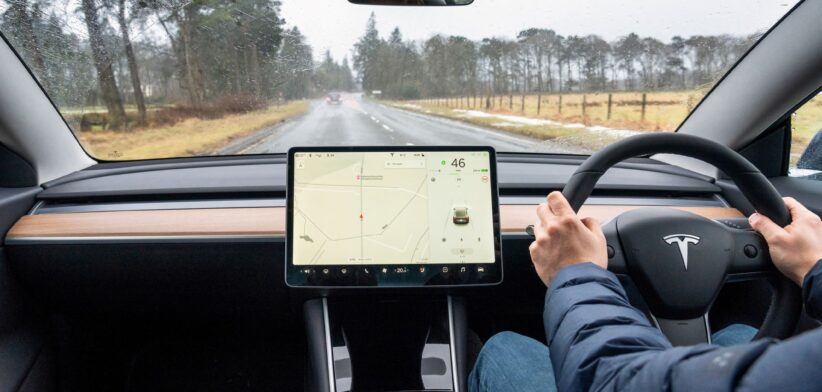Most car makers capture and share Australian driver data with third-party companies, sparking a call for updated privacy laws.
Research by consumer advocacy group CHOICE found seven out of 10 car brands, with a presence in this country, monitored drivers of their vehicles and shared the information.
CHOICE Senior Campaigns and Policy Advisor Rafi Alam said Kia, Hyundai and Tesla were the worst offenders when it came to protecting the privacy of customers.
Mr Alam said Kia and Hyundai both collected and shared voice recognition data with third parties, along with other information.
“Tesla takes it one step further, collecting ‘short video clips and images’ captured from the camera inside the vehicle, and shares some data with third parties.”
Mr Alam said CHOICE analysed the privacy policies of a range of brands, including major marques, such as Toyota, Mazda and Ford, to assess the data they collected from drivers, what they did with it, and whether they allowed consumers to opt in or out of data collection practices.
He said Toyota, Ford, MG and Mazda also collected, and sometimes shared, customer data.
“Toyota, Australia’s biggest car brand, collects both vehicle location data and information on a driver’s acceleration, braking and cornering behaviour.
“The only three brands that don’t collect or share driver data in Australia are Mitsubishi, Subaru and Isuzu Ute. The fact that these three are outnumbered by the seven other brands we looked at is highly concerning,” he said.
Mr Alam said the car companies collecting data, who responded to follow-up questions, stated all customers were offered an opt-out function.
“However, drivers are often opted-in automatically when they buy a car or download the car’s app, and may not even know it’s happening.
“The results of our investigation are a timely reminder that Australia’s privacy laws are woefully out of date, and certainly not fit for purpose in a market where cars are collecting and sharing personal information en masse.”
He said under the current laws, businesses were able to write their own rules through their privacy policies.
“At a minimum, the federal government should implement a fair-and-reasonable-use test, which would legally require businesses to collect and use data in line with consumer expectations.”
Read the full report: Drive one of these car brands? This is how much of your data they’re tracking








